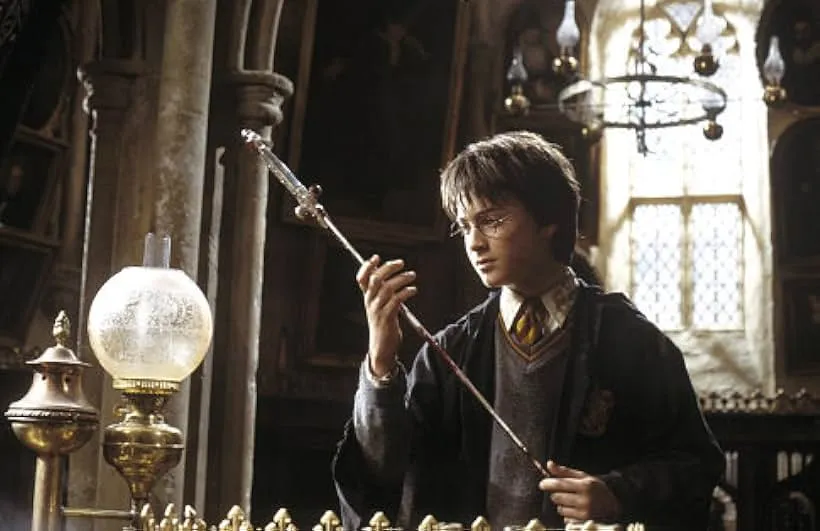The Harry Potter novels and film franchises have become an integral part of modern pop culture, inspired by the wizarding world created by J.K. Rowling. While the books have experienced a resurgence in popularity, the film series has garnered a distinct reputation for lacking the level of detail and specificity found in the written word. Specifically, the spells and magic within the films fail to live up to the intricate world-building that defined the book series.
In the novels, it is evident that J.K. Rowling dedicated a vast amount of time and effort into creating a lush and vivid world, where characters must use specific spells to achieve their desired outcomes. This focus on the wizarding world-building and magic serves as an important aspect of the coming-of-age stories told within the novels. In contrast, the film franchise prioritized grand action sequences, sacrificing the subtlety and intricacy that defined the novels.

A Still From Harry Potter (Via IMDB)
One notable instance where the films fell short is in the depiction of specific spells and their meanings. For example, the “Expelliarmus” spell, which is expertly showcased in the early films, loses its significance as the series progresses. The lack of attention to detail results in a loss of individual fighting styles and characters, rendering the magical duels empty spectacles.
The later films, particularly those directed by David Yates, become even more guilty of this issue. The action sequences become less focused on the specific spells being used and more on flashy visual effects. This shift away from attention to detail leads to a film franchise that has become indistinguishable from other fantastical worlds.
In the end, while the Harry Potter film franchise has undoubtedly charmed audiences, it fails to live up to the level of craftsmanship found in the novels. The lack of specificity in the depiction of magic and spells results in a loss of the wizarding world’s unique charm.
























